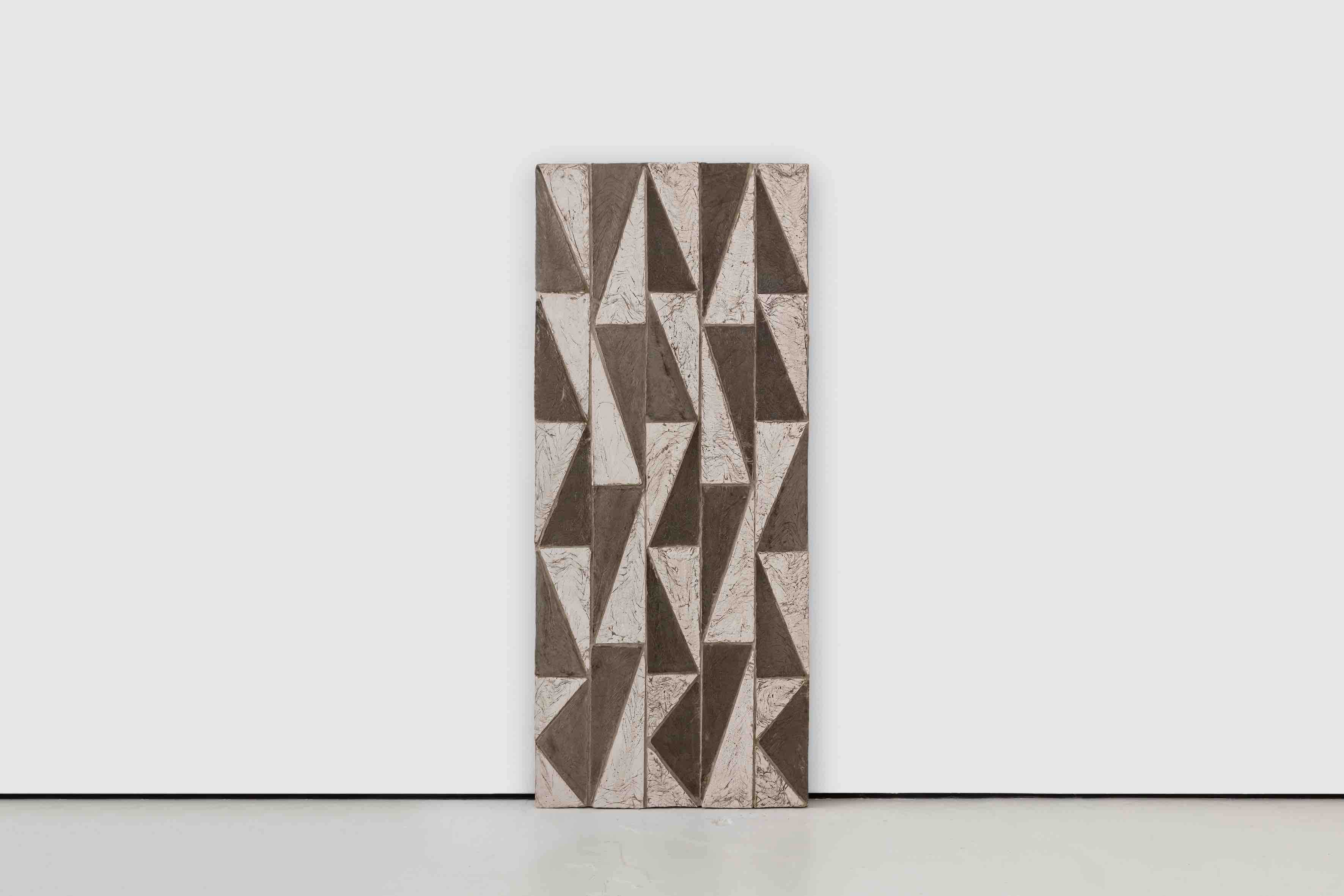Herald St is pleased to announce ' Kicking Die (To Scale With a Ladder)' , Michael Dean’s sixth solo exhibition with the gallery. This presentation continues Dean’s two-decade-long exploration of transposing language and experimental forms of typography into three-dimensional sculpture, often resulting in physical environments and immersive installations. His ideological interrogation inextricably binds symbolic histories and socio-political vicissitudes with his own quotidian narrative and personal history. The artist describes the act of an exhibition as an artifice, theatre, or stage, whereby ‘the gallery is a white page; the viewer is a protagonist; and the exhibition becomes a publication.’ The exhibition...
Herald St is pleased to announce 'Kicking Die (To Scale With a Ladder)', Michael Dean’s sixth solo exhibition with the gallery. This presentation continues Dean’s two-decade-long exploration of transposing language and experimental forms of typography into three-dimensional sculpture, often resulting in physical environments and immersive installations. His ideological interrogation inextricably binds symbolic histories and socio-political vicissitudes with his own quotidian narrative and personal history. The artist describes the act of an exhibition as an artifice, theatre, or stage, whereby ‘the gallery is a white page; the viewer is a protagonist; and the exhibition becomes a publication.’
The exhibition is rooted in moksha patam, a Hindu board game thought to have originated as early as the tenth century in which players negotiate cycles of death, rebirth, and spiritual attainment, with serpents and ladders serving as karmic and virtuosic stratagems. Following the arrival of British colonists in India, in 1892 the game was adapted and patented by a London toymaker, becoming the now popularised Snakes and Ladders. While the skeletal workings of Kicking Die (To Scale With a Ladder) draw upon the game, Dean continues his research in and of language by connoting a Barthesian doctrine, subverting the causal effect of interpretation and play between author and reader, as to invite—albeit at times unwittingly force—us into a dialectical proposition.




